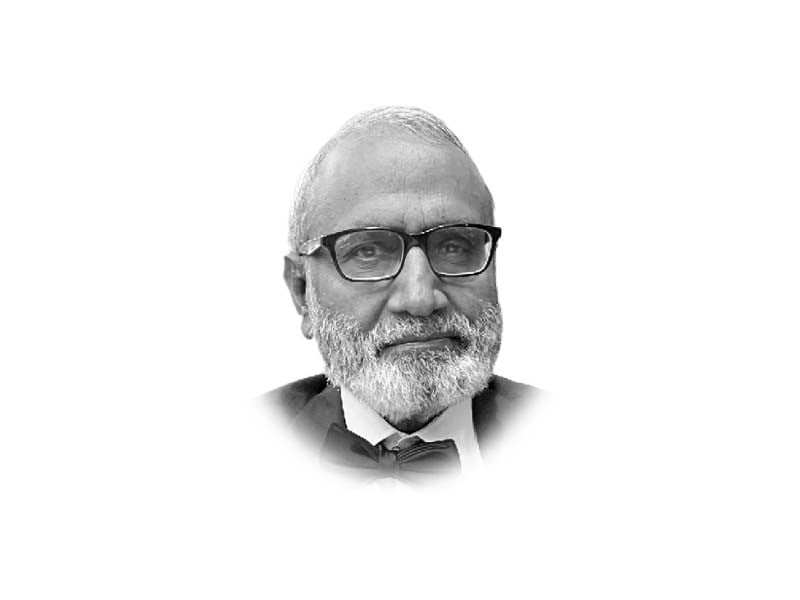
The IMF’s latest country report is a damning indictment of policymakers in Pakistan, in letter as well as spirit. Going through its 120-odd pages, the first thought that comes to mind is of own lack of professional capacity to come out with a report of our own in such a short time on critical issues facing the economy. Besides the standard analyses of economic growth and fiscal and monetary policies, the report contains a near research paper on building resilience to climate change in the context of Pakistan and a lecture on what needs to be done for the poor. So much so that that the IMF has to force us to do better in terms of data and come out with quarterly national accounts with effect from the first quarter of FY24. At our end, we just need quick money, without any serious analysis of our own as to why we are where we are and what is our own plan to stabilise, restructure and reform to put a final end to the never ending story of economic tragedy. It has all been left to the IMF.
The three-year Extended Fund Facility that started in July 2019 degenerated into “an extended stop-and-go phase, as the program repeatedly went off-track, often immediately after the successful completion of a review”, says the report. After the meeting of the IMF Executive Board, Managing Director Kristalina Georgieva made a statement with an amazing choice of words. She told the faithful that the “new Standby Arrangement, implemented faithfully” was the only right path. Even with faithful implementation, external general government debt is projected to increase from 27.4% of GDP in FY22 to 31.1% of GDP in FY24. However, the domestic general government debt is projected to decline drastically from 46.6% to 43.8% in the same period and further to 40% in FY24. The spending spree being observed in the last month of the government indicates an unfaithful behaviour. Again, contrary to the IMF projection of foreign direct investment falling from 0.5% of GDP in FY22 to 0.4% and 0.2% in the following two years, the faithful are dancing with joy over FDI promised by the brothers in faith of a size as large as the losses estimated from the flash floods in the last year. Domestic investment is not likely to pick up, as private sector credit growth is unlikely to move out of its decelerating phase.
Politics occupies an extended space in the report. Political risk to the economic future is writ large on the face. It is worth reproducing in full for those who matter and those who don’t. It is stated: “Amplified by the tense political environment, policy slippages could undermine program implementation, in turn jeopardizing macro-financial and external stability and already stretched debt sustainability.” The statement is reinforced further: “The difficult sociopolitical climate, including persistent political volatility, remains a key risk to policy implementation.” Political risk is accompanied by high social risk that can “trigger social unrest, and give rise to financing pressures and damaging populist policies.” The state of the Chinese economy is mentioned as a medium risk. Finally the most unusual: “In recent days, IMF staff has met with representatives of Pakistan’s major political parties — Pakistan Muslim League-Nawaz, Pakistan People’s Party and Pakistan Tehreek Insaf — and explained the objectives and key policies of the proposed SBA. All these parties expressed written support for the SBA’s key objectives and policies ahead of the approaching national elections.”
With assurances like these, I must go to PIMS for my angiography this Thursday morning.
Published in The Express Tribune, July 21st, 2023.
Like Opinion & Editorial on Facebook, follow @ETOpEd on Twitter to receive all updates on all our daily pieces.




1731975305-0/Untitled-design-(40)1731975305-0-165x106.webp)
1731975060-0/Untitled-design-(39)1731975060-0-165x106.webp)


1729685382-0/Untitled-design-(57)1729685382-0-270x192.webp)




COMMENTS
Comments are moderated and generally will be posted if they are on-topic and not abusive.
For more information, please see our Comments FAQ